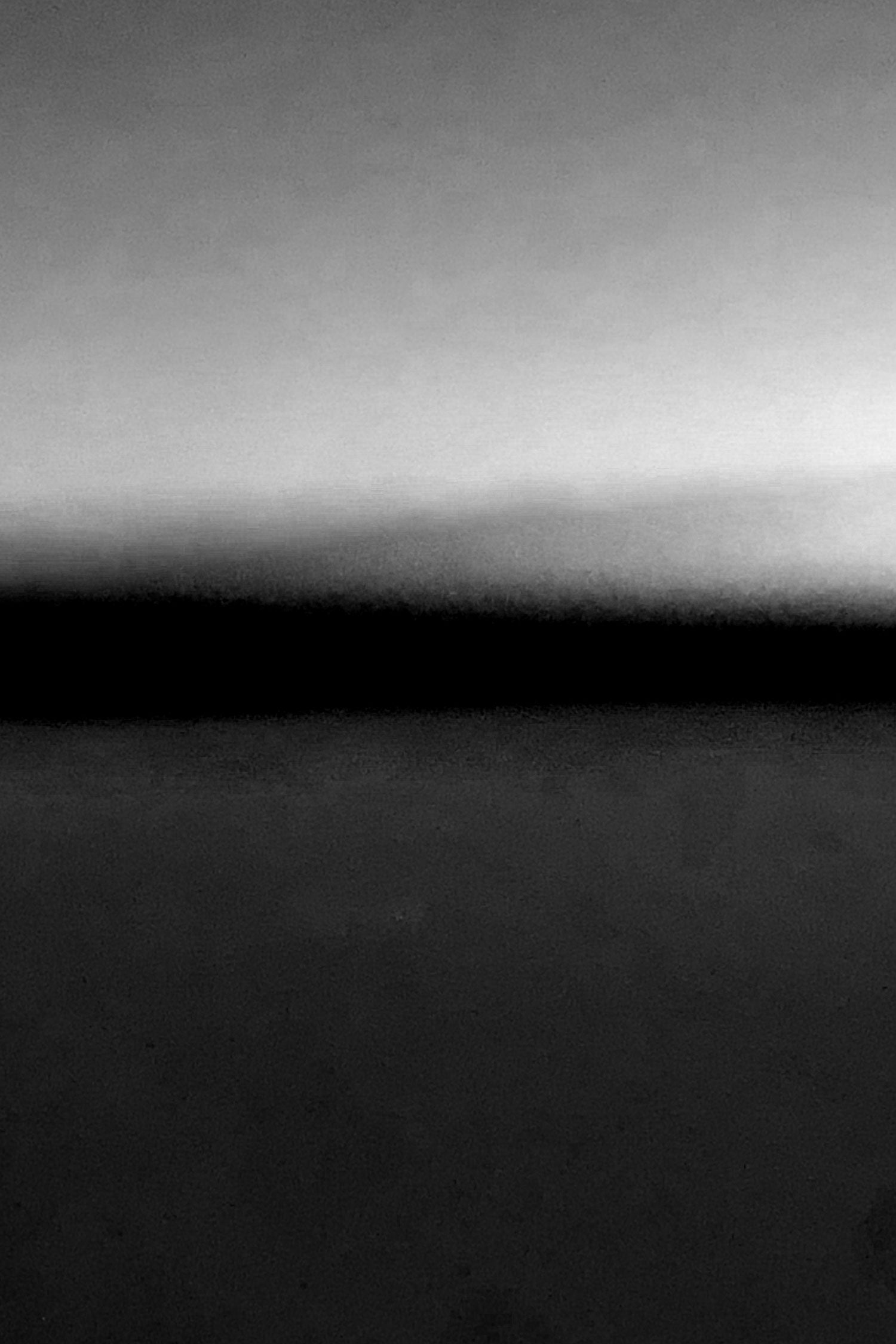This week we will cover several hormonal topics – acne, PCOS, menopause, weight, PMS, and sex. The most common type of hair loss is Androgenetic Alopecia, but female hair loss can also be caused by hormones. Many women have hair follicles that are overly sensitive to testosterone, so shedding occurs, even though testosterone levels may be normal. A decline in estrogen levels can have the same effect. This is very hard for doctors to diagnose due to the fact that Dermatologists don’t specialize in hormones, which can be the cause of women's hair loss. The other specialists are Endocrinologists, who deal with hormones, but don't specialize in skin and hair issues. We have treated many women throughout the years with this type of hair loss cause and customize our programs based upon their needs.
• Thyroid
Whether it's hypothyroidism or Hyperthyroidism, thyroid problems can cause hair loss if you have a severe over or under-active thyroid. Make sure to get your TSH and thyroid antibodies checked through local blood work. Take medication to balance out your thyroid if you have any thyroid sensitivity. Thyroid problems can be complex, but are very treatable.
• Hormonal Hair Loss
Again, most hormonal hair loss is caused by androgenetic alopecia, female pattern loss. With hormonal hair loss, hair thinning is generally greatest on the top (vertex), and in some cases on the sides. The temples, frontal hairline can thin as well.
• Estrogen and Testosterone
Estrogen and testosterone are the biggest influence in hormonal hair loss. Estrogen = good for hair; testosterone = bad for hair. When you’re pregnant estrogen levels rise greatly, and your hair stays on your head longer and grows faster. After your baby is born, estrogen levels drop fast. When estrogen levels fall (post natal, due to stopping birth control pills, rapid weight loss, or perimenopause, etc.) it can trigger hair loss. Signs you may have low estrogen include: hair loss onset in late thirties or after, perimenopause symptoms, being very thin, high amount of aerobic exercise, light periods (if not on the pill), dry or delicate skin, and fine or dry hair.
Testosterone slows down the metabolism of hair follicles, and they get smaller and smaller, which equates to less hair. Within the follicles testosterone is converted to DHT, the main cause of pattern hair loss. And of course elevated levels of testosterone could cause hair loss. To determine if testosterone is causing hair loss, check for other signs of testosterone problems: onset between teens and mid-thirties, oily scalp or oily hair or oily skin, itchy scalp, seborrheic dermatitis, acne, increased facial and/or body hair, being overweight, and irregular and often heavy periods.
• Telogen Effluvium
Telogen Effulvium is caused from very high stress, post surgery or child birth. Unfortunately, many doctors perform a hair pull test to see if you have increased shedding, which is the main culprit of TE. But 9 times out of 10 it will back positive. This can and has been shown to be a very inaccurate test. Most hair loss will get worse without treatment, so start treating it asap.
• Scalp Sensations
Scalp itching and Androgenetic Alopecia often occur together, from excess stimulation of the oil glands, caused by testosterone. Testosterone blockers (like Spironolactone) should help with this, and a topical steroid cream may be used. A burning scalp sensation, or the hair or scalp feeling uncomfortable to the touch, may be caused by low estrogen. Our Treatment with estrogen should greatly help after a few months.
If you have any of these symptoms or are generally concerned about your hair loss be proactive.




